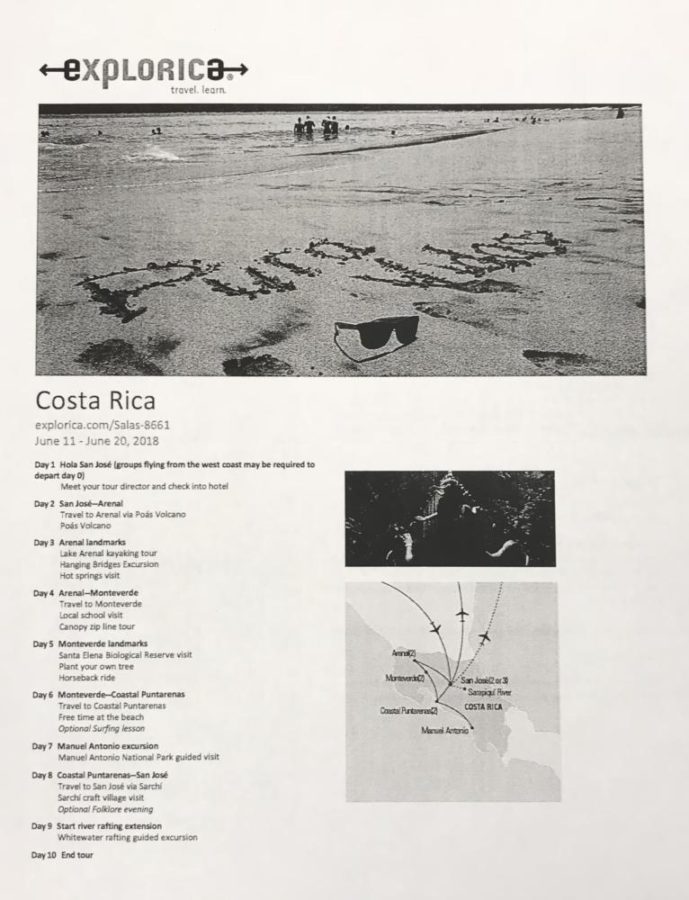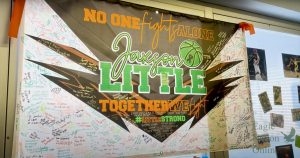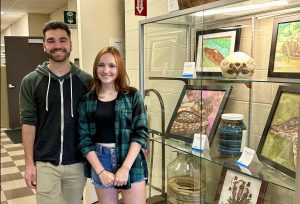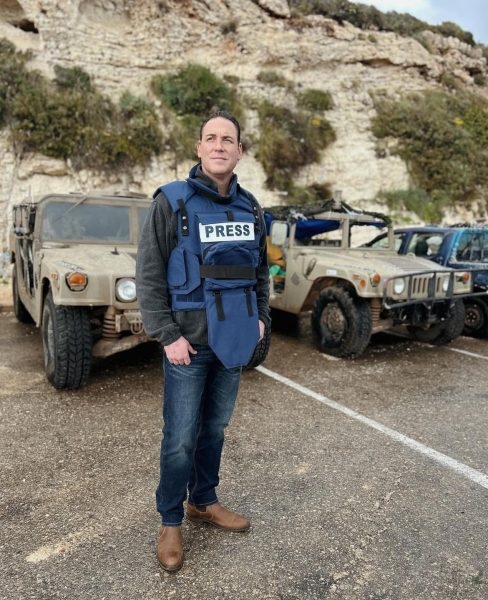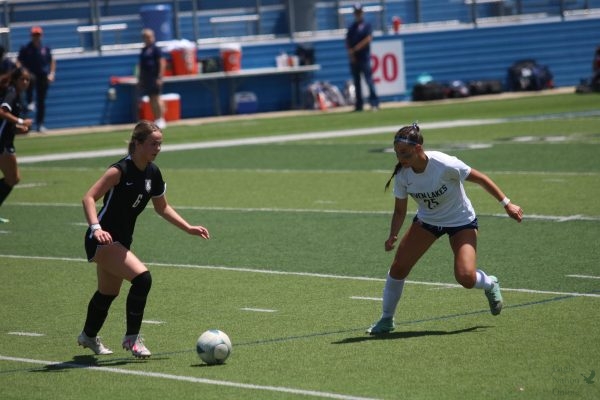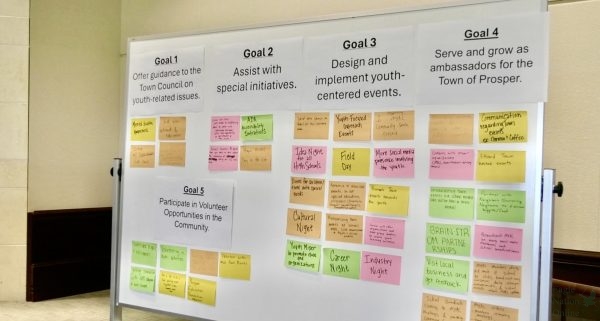Spanish honor society plans trip to Costa Rica
October 18, 2017
At the end of this school year, Spanish Honor Society (SHS) will take a 10-day trip to Costa Rica to explore Latin American culture and spend some time in the nature of the Central American country.
“We’re going to be traveling all over Costa Rica, starting in San Jose and then moving on to other cities in Costa Rica,” Mr. Salas, a Spanish teacher and the club’s sponsor, said. “Costa Rica is very full of nature and culture, so that’s what we’re going to see.”
The club members will go to San Jose, Arenal, and Monteverde, where they will spend a lot of time doing activities such as ziplining, whitewater rafting, and horseback riding. A whole day of the trip will be spent on the beach in Puntarenas.
Immersion in Costa Rica’s society will aid the students in their Spanish speaking abilities.
“ I feel like being immersed in a culture is really beneficial for students learning the language,” Lauren Krupens, a junior and the secretary of SHS, said. “You get to see how native speakers talk, different dialects, and a lot of idioms used in the culture.”
Mr. Salas is looking forward to seeing the students learn about how the culture of Latin American countries contrasts with the United States.
“Costa Rica has a lema [a saying or motto] called “pura vida” that has to do with a relaxed environment,” Mr. Salas said. “I think most of Latin America is pretty relaxed compared to the United States.”
The trip to Costa Rica will show SHS members the social differences between Costa Ricans and Americans.
The SHS has a lot of fun activities planned for the trip.
“I’m looking forward to hanging out with the students and letting them see actual Latin America,” Mr. Salas said. “It’s very different for me to teach Spanish in the classroom than it is to be in a foreign country where the students are forced to speak Spanish.”
“We’ll be visiting a school, so we’ll be learning a little bit about how [the school system in Latin American countries] works,” Mr. Salas said. “I’m hoping this will be a wake-up call to some of the kids that not everywhere in the world is like the United States.”


